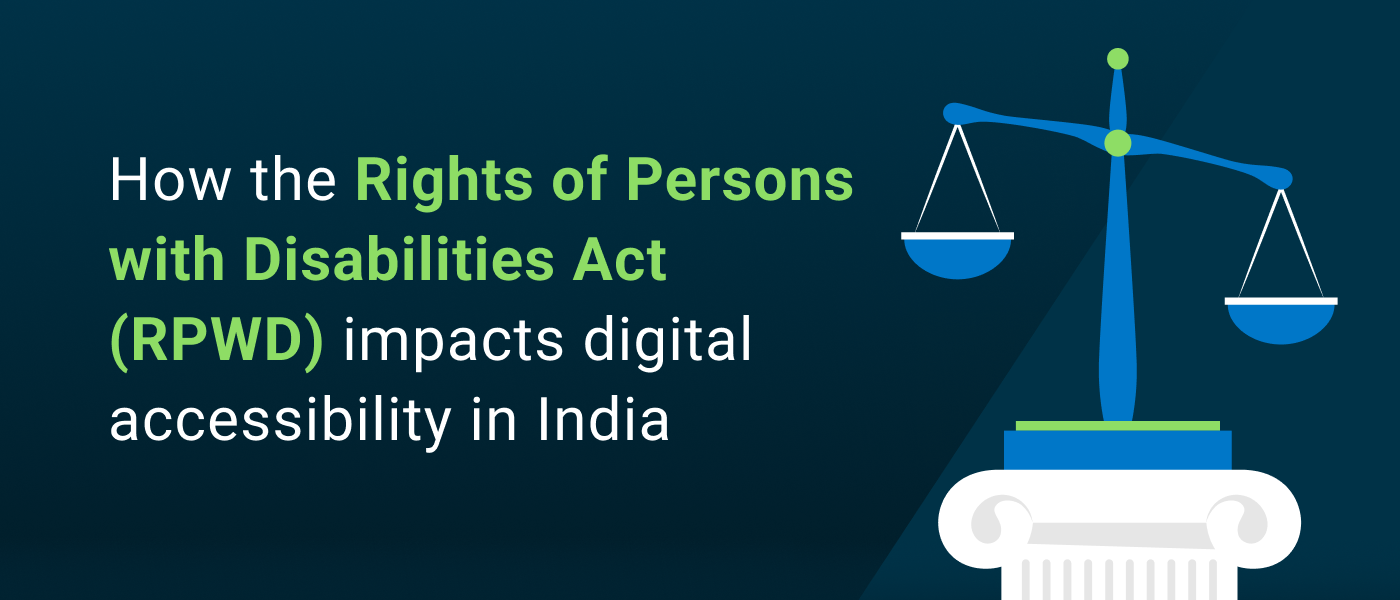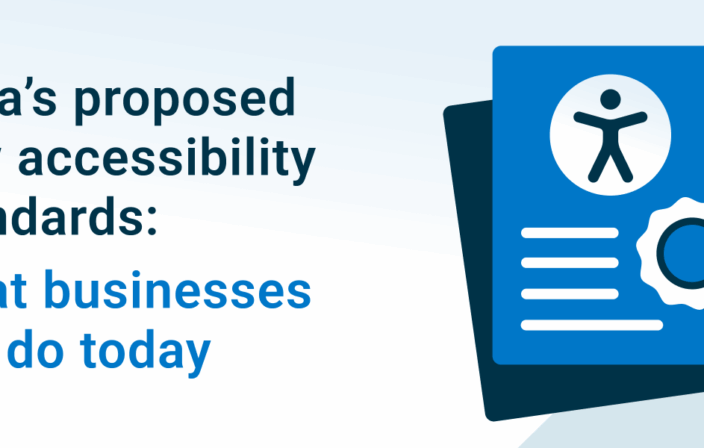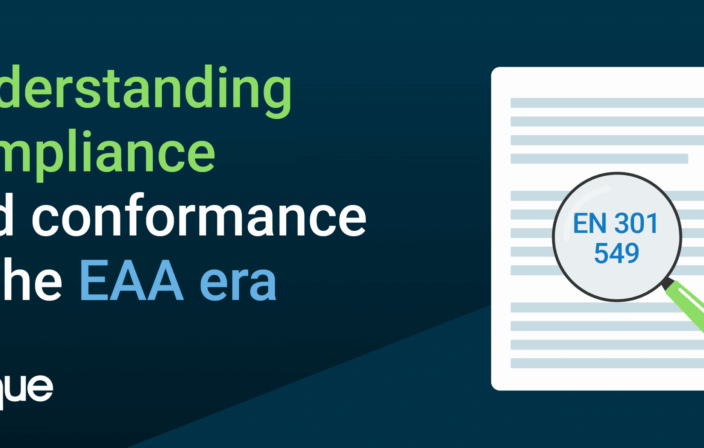There are many reasons for your business to embrace digital accessibility practices. The most obvious ones are common sense.
In India, for example, as many as 90 million people have a disability. Why would you deliberately prevent them from being able to access your products and services? From a business standpoint, that’s counterintuitive. You want to make customers welcome, not exclude them. And you want more customers, not less.
This is why this is such a shocking reality: 97% of Indian websites have accessibility issues, meaning people with disabilities can’t fully use them.
If being inclusive to your customers isn’t enough motivation, there is another crucial reason why your business needs to be accessible—it’s the law.
The Rights of Persons with Disabilities Act (RPWD)
The Rights of Persons with Disabilities Act, 2016, (RPWD Act 2016) is a landmark law that protects the rights of people with disabilities in India. It came into effect on April 19, 2017, with the following key purposes:
- To ensure that people with disabilities have equal opportunities, dignity, and respect.
- To promote the full participation of people with disabilities in all aspects of life.
- To fulfill India’s obligations under the United Nations Convention on the Rights of Persons with Disabilities (UNCRPD).
India takes accessibility seriously, and failure to comply with the RPWD has serious consequences. Fines start at Rs 10,000 for the first offense, escalating to Rs 500,00 for repeated offenses. Non-compliance can even lead to legal action, forcing costly corrections. Your company can also experience damaging exposure and public backlash.
Fortunately, the benefits of being compliant are clear. In addition to avoiding legal and financial risk, accessible brands reach more people, have expanded market shares, and enjoy more positive reputations.
How the RPWD Act impacts digital accessibility
To help ensure your business complies with RPWD, let’s take a closer look at this important law and how it addresses digital accessibility:
- Section 40 of the RPWD specifically includes Information and Communication Technology (ICT) as being in scope.
- Section 42 mandates that people with disabilities must have equal ICT access, including websites, digital content, and electronic media.
- Section 46 requires that all government documents, services, and public information that are digitally available must be accessible.
On May 10, 2023, IS-17802 was introduced under Rule 15 of the RPWD. Titled “Accessibility for the ICT Products and Services,” this standard strengthens existing provisions regarding ICT products and services. It mandates accessibility standards for all establishments, public or private, fostering an inclusive environment for individuals with disabilities. IS-17802 aligns with global accessibility standards, including WCAG 2.1 and EN 301 549.
Digital accessibility momentum in India
The introduction of IS-17802 reflects the increasing momentum for digital accessibility in India. Other recent significant developments include:
- February 2024: The banking sector was directed to ensure accessibility across all digital platforms, making financial services more inclusive for people with disabilities.
- August 2024: The Chief Commissioner for Persons with Disabilities (CCPD) issued notices to over 140 private and public entities for failing to meet accessibility standards, delivering a strong warning that non-compliance is no longer acceptable.
- October 2024: The Reserve Bank of India (RBI) released mandatory accessibility guidelines for digital banking services, reinforcing the nation’s commitment to an inclusive financial ecosystem.
The Chief Commissioner for Persons with Disabilities (CCPD) is also cracking down on non-compliance, imposing Rs 10,000 penalties on 155 establishments, including government ministries and private organizations, for failing to make their websites, mobile apps, and digital platforms accessible.
The message is clear.
Digital accessibility is not optional. Organizations that fail to comply with the RPWD Act will face legal, financial, and reputational consequences. If your business is not in compliance, you are at risk.
Fortunately, Deque can help you achieve your compliance goals.
Deque is empanelled as a web accessibility auditor by the Government of India
Deque is now an empanelled web accessibility auditor with the Department of Empowerment of Persons with Disabilities (DEPwD), under the Ministry of Social Justice and Empowerment, Government of India.
As empanelled web accessibility auditors, we can:
- Conduct accessibility audits of websites and web applications, ensuring they meet the standards outlined under Rule 15 of the Rights of Persons with Disabilities (RPWD) Act.
- Provide detailed reports on accessibility compliance, highlighting areas of improvement and suggesting corrective measures.
- Collaborate with the DEPwD to conduct training sessions and workshops for stakeholders involved in designing, building, and maintaining web applications.
- Monitor and evaluate the implementation of accessibility measures to ensure they meet the required standards.
As the only company combining world-class accessibility tools with expert strategic consulting services, we are uniquely positioned to help your organization get and stay accessible for the long term.
Get and stay compliant with Deque
As a trusted partner of the Government of India, Deque makes accessibility simple, achievable, and rewarding. Working together, we can:
- Identify accessibility gaps: We’ll comprehensively audit your website, app, or digital platform, pinpointing exactly where accessibility barriers exist. Our experts will then provide a clear, actionable roadmap to fix them.
- Implement inclusive solutions: From captions and keyboard navigation to screen reader compatibility, we help you integrate essential accessibility features—ensuring everyone can use your platform seamlessly.
- Empower your team: We don’t just fix accessibility issues—we train your team to maintain and enhance accessibility continuously.
- Ensure compliance: With Deque, you won’t just be checking a box—you’ll be fully aligned with the RPWD Act and global accessibility standards like WCAG and BIS-17802.
Contact Deque today for a free consultation and take the first step toward lasting impact.


